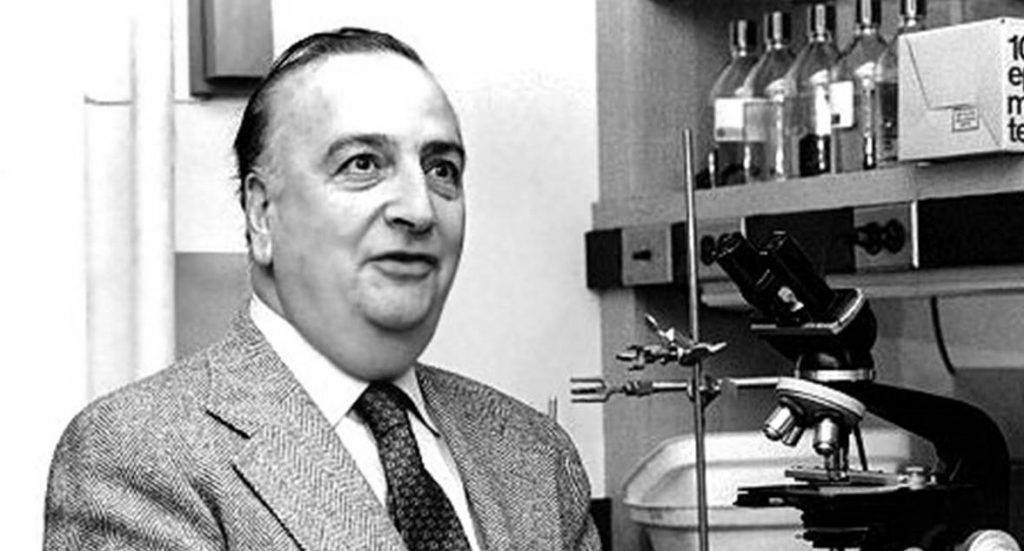Baruj Benacerraf was a Venezuelan-American immunologist, who shared the 1980 Nobel Prize in Physiology or Medicine for the discovery of the major histocompatibility complex genes.
Benacerraf was born in Caracas, Venezuela on October 29, 1920. He and his family moved to Paris from Venezuela in 1925, and later the U.S. in 1940.
In 1942 he earned his Bachelor of Science degree at Columbia University, and went on to obtain his Doctor of Medicine degree from the Medical College of Virginia. From 1945 to 1948 Benacerraf served as a medical intern for the United States Army.. Following this he became a researcher at Columbia University College of Physicians and Surgeons where he began studying allergies. In 1970 he became a Fabyan Professor of Comparative Pathology at Harvard University. He has authored over 300 books and articles.
In 1968, Baruj made the discovery that if antigens were injected into two similar animals, they split into two groups: those that responded and those that did not. He found that the dominant autosomal genes, termed the immune response genes, determines the response to certain antigens. This process would lead to the understanding of how these genes would determine immune responses. For this discovery he was awarded the Nobel Prize in Physiology of Medicine in 1980. He was elected a Fellow of the American Academy of Arts and Sciences in 1971, won the Rous-Whipple Award of the American Association of Pathologists in 1985, the National Medal of Science in 1990, the Gold-Headed Cane Award of the American Association for Investigative Pathology in 1996, and the Charles A. Dana Award for pioneering achievements in Health and Education in 1996.
In 1998 Benacerraf published an autobiography. He died on August 2, 2011 in of pneumonia in Jamaica Plain, Massachusetts.
Article Source: https://en.wikipedia.org/wiki/Baruj_Benacerraf
